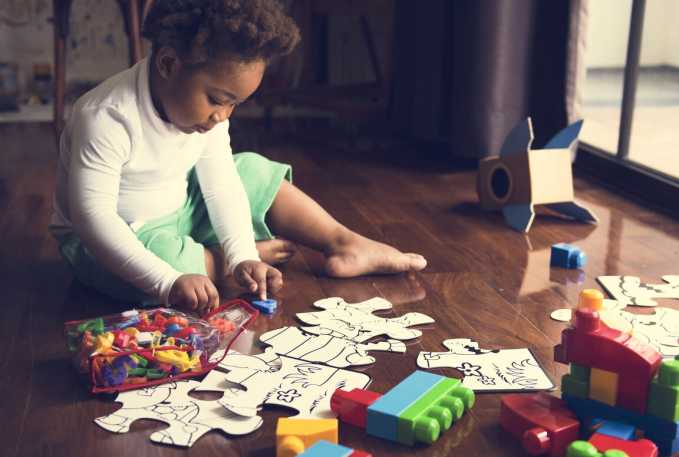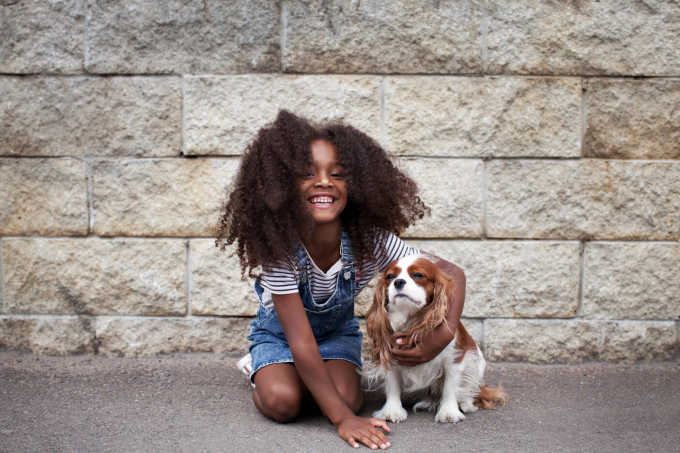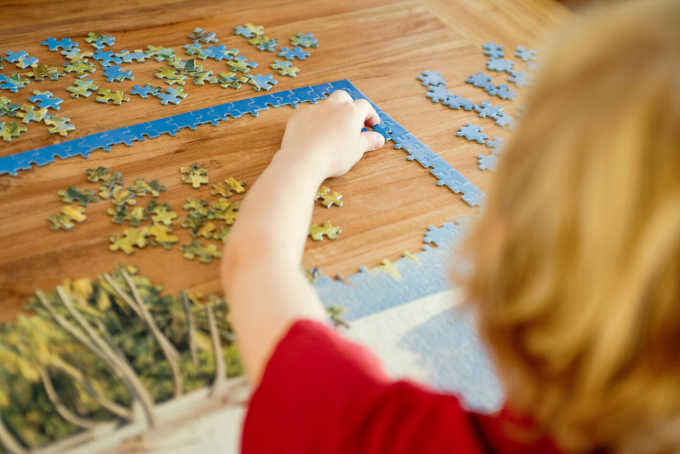Focus Techniques for ADHD / ADD
Children with Attention Deficit Hyperactivity Disorder (ADHD) can be challenging for parents, especially when it comes time to teach about concentration skills. Here we’ve outlined some strategies to help your child practice good focus techniques and skills.
Get Outside It is well-documented that exercise stimulates brain function, so encourage your child to get outside, run around, and explore. Aside from burning off extra energy, outdoor activities help break up the monotony of tedious tasks like homework or chores. One option is to structure outdoors/active time into your schedule. Have a dedicated play timeframe after school. Or choose one or several days to visit a park.
Active Learning For all things school-related, encourage your child to become an active learner. Homework assignments can be daunting, so employ tools that can help make the learning process enjoyable. A few suggestions include:
- Fun and colorful flashcards for spelling and vocabulary.
- Underlining or highlighting important information or instructions.
- Use physical objects to help with counting and math. Something edible, like crackers or grapes, makes a great mid-study snack too.
Self-monitoring One of the best focus techniques for your child to develop is to learn the triggers that cause inattention. Distractions will vary individually, so help your child to foster self-awareness and to recognize when, how, and why he or she is losing focus. Teach positivity - rather than completely removing the distraction, have your child tell him- or herself, “I will pay attention now.” Learning to deal with distractions early-on is beneficial in the long-run to maintaining self-control and attention.
 Break It Up Break up lengthy tasks into short and maintainable sections. Homework and chores can be tortuous for a child with ADHD, so encourage him or her work in modules. Every 15 minutes or so, have 5 minutes during which your child does something else. Play a short game together (tic-tac-toe is one option), do something active, or have a small snack. Giving regular short breaks makes lengthy tasks manageable, making the actual time spent on the task more productive.
Break It Up Break up lengthy tasks into short and maintainable sections. Homework and chores can be tortuous for a child with ADHD, so encourage him or her work in modules. Every 15 minutes or so, have 5 minutes during which your child does something else. Play a short game together (tic-tac-toe is one option), do something active, or have a small snack. Giving regular short breaks makes lengthy tasks manageable, making the actual time spent on the task more productive.
Games Some simple games can turn into powerful learning tools that promote paying attention. Here are a few examples:
- Add-on stories: These fun stories are a perfect interactive and communicative method for improving focus. Work with your child to tell a story, with each person taking turns adding to a plot line detail. As you each continue the story, try to remember and say out-loud what was added before.
- Puzzles: Many types of puzzles can be turned into useful tools to teach concentration. The classic jigsaw puzzle is one, but don’t rule out other options, like the fun puzzle books, I-Spy and Where’s Waldo.
- Strategy games: Strategy games like Connect-4, Blokus, and Tetris are another option for teaching focus. These games are great because they cater to a large age group, and are even fun for parents.
**Sources: **
- childdevelopmentinfo.com:
https://childdevelopmentinfo.com/learning/learning_disabilities/teacher/
- theschoolrun.com:
https://www.theschoolrun.com/concentration-exercises-for-children




